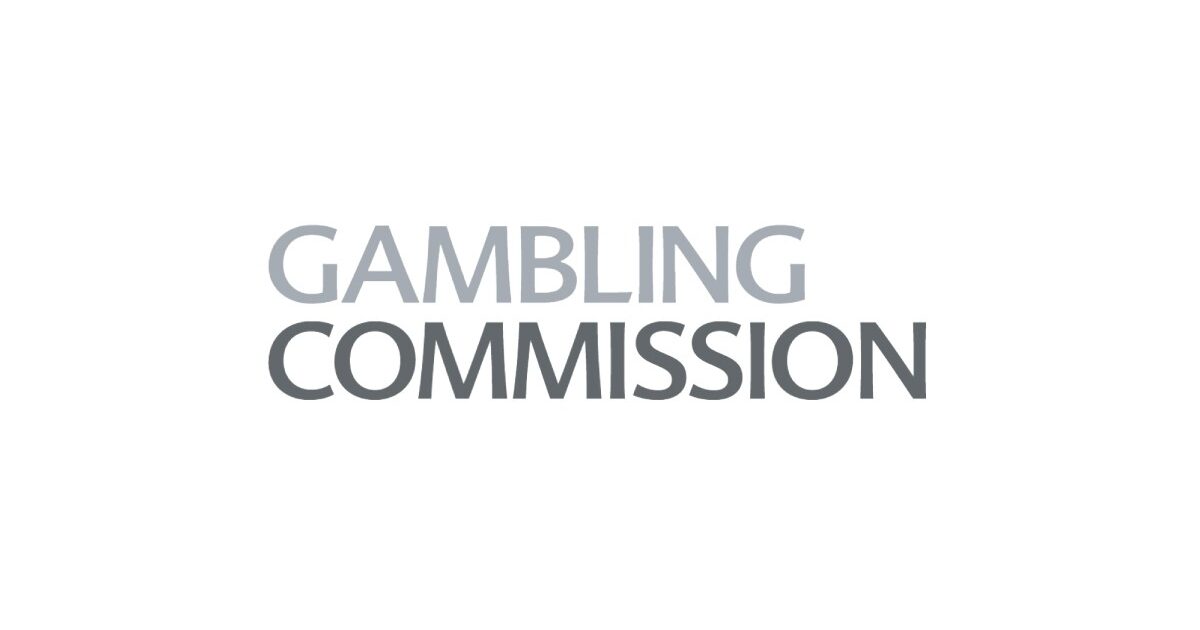Gambling
British Gambling Commission clarifies new survey format

The regulator has issued a clarification on the format of the new Gambling Survey for Great Britain.
UK.- The Gambling Commission has made a clarification regarding the format of its new Gambling Survey for Great Britain (GSGB). It said that its first annual report on the GSGB, to be published on July 25, will be based on data from 10,000 responses collected in two waves between July 2023 and February 2024. However, future annual reports will be based on 20,000 responses collected in four waves throughout the calendar year.
For this month’s inaugural report, Wave-1 is a representative sample of 4,801 adults interviewed from July to November 2023. Wave-2 is a representative sample of 5,003 adults interviewed between November 2023 and February 2024.
Both surveys use the Short Warwick Edinburgh Mental Wellbeing Scale (SWEMWBS). For researchers, the commission has published a SWEMWBS metric score of 22.8 for Wave-1 and 22.9 for Wave-2.
Gambling Commission head of statistics Helen Bryce said: “By combining responses across multiple waves we’ll be able to go into more detail about how responses vary across different population subgroups, and will also publish more data in the annual report about the consequences of gambling.”
The regulator conducted two years of pilot tests on methodologies to develop the new format for the survey on gambling prevalence, which is carried out independently by the National Centre for Social Research (NatCen) and the University of Glasgow.
It says the aim is to provide stakeholders with “high-quality information about the gaming, betting, and playing habits, attitudes, and harms experienced across the adult population in Great Britain”.
In February, an independent review led by Patrick Sturgis, a professor at the London School of Economics, found that the new survey’s push-to-web methodology was “exemplary in all respects”. The review aimed to evaluate the effectiveness of the new survey methodology compared to previous approaches.









